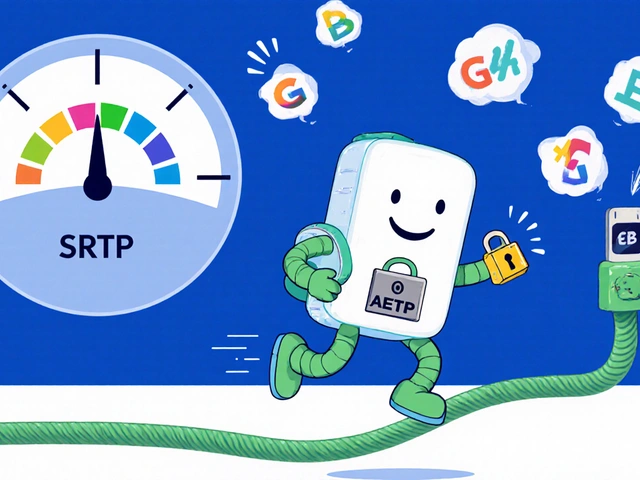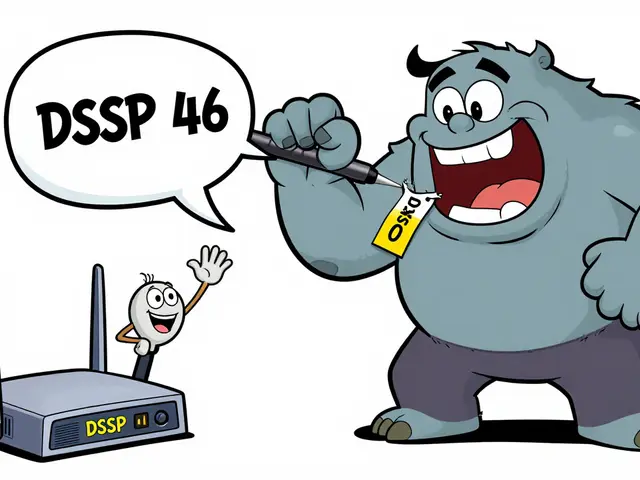Cloud Phone System Disadvantages: What No One Tells You Before You Switch
When you hear about cloud phone systems, a business phone system hosted on the internet instead of on-site hardware. Also known as VoIP phone systems, it lets teams call from anywhere using an internet connection—no bulky servers, no expensive upgrades. But behind the slick marketing and low monthly fees, there are hidden problems that catch businesses off guard. The biggest one? Your phone system depends entirely on your internet. If your Wi-Fi goes down, so do your calls. No internet means no customer service, no sales calls, no emergency contact. Unlike landlines that run on power from the phone line itself, cloud phones need electricity and a stable connection. During storms, power outages, or even ISP glitches, your business goes silent.
Then there’s call quality, how clear and stable your voice calls sound over the internet. It’s not just about speed. Even with 100 Mbps internet, if your router doesn’t prioritize voice traffic or your ISP has poor peering with other networks, calls crackle, drop, or lag. This isn’t theoretical—real companies using cloud systems report dropped calls during client meetings, especially when employees work from home or travel. Jitter buffers, tools that smooth out delayed audio packets. help, but they add delay. And if your network is congested with video calls or downloads, voice gets pushed to the back of the line.
VoIP security, the risk of eavesdropping, toll fraud, or unauthorized access to your phone system. is another silent killer. Hackers don’t need to break into your office—they just need your SIP credentials. A weak password or unpatched firmware can let them make thousands of dollars in international calls you’ll be stuck paying for. Many small businesses don’t realize their cloud provider doesn’t automatically secure the system—you have to do it yourself. Firewall rules, encryption like SRTP, Secure Real-time Transport Protocol used to encrypt voice data., and regular updates aren’t optional—they’re your first line of defense.
And don’t forget the hidden costs. While cloud systems look cheap upfront, you’re paying for every feature: advanced call routing, CRM integrations, call recording, even international numbers. Some providers charge extra for porting your old number, or for keeping your vanity number active. You might think you’re saving money by ditching landlines, but if you need backup power, a secondary internet line, or a dedicated business-grade router, those add up fast.
Worst of all? Support. When your on-premise system breaks, you call your IT guy. When your cloud system fails, you’re stuck waiting for a helpdesk that might be overseas, working in shifts, and juggling hundreds of other customers. Resolution times can stretch for hours—or days—while your business is offline.
None of this means cloud phone systems are bad. They’re flexible, modern, and perfect for remote teams. But the advantages only matter if you know the risks. The posts below break down exactly what goes wrong, how to spot the warning signs, and what steps you can take right now to protect your calls, your data, and your bottom line.
Cloud phone systems offer flexibility but come with hidden risks: internet dependency, unexpected costs, security gaps, and unreliable support. Learn the real disadvantages that can hurt your business before you switch.







